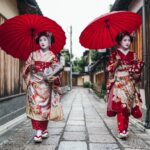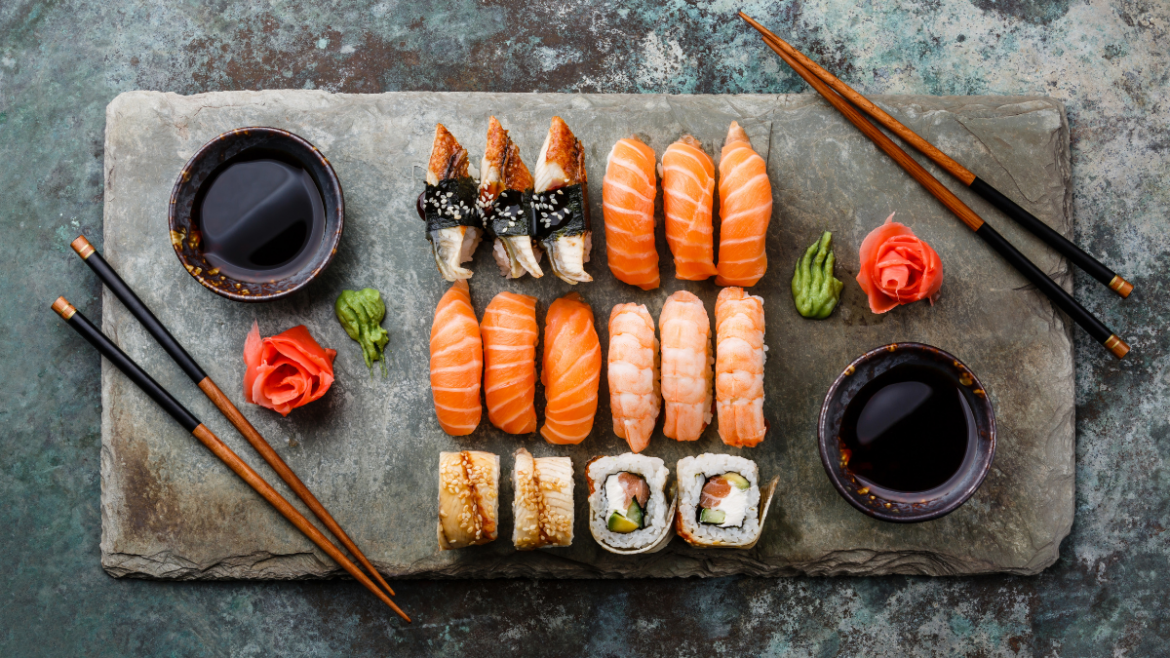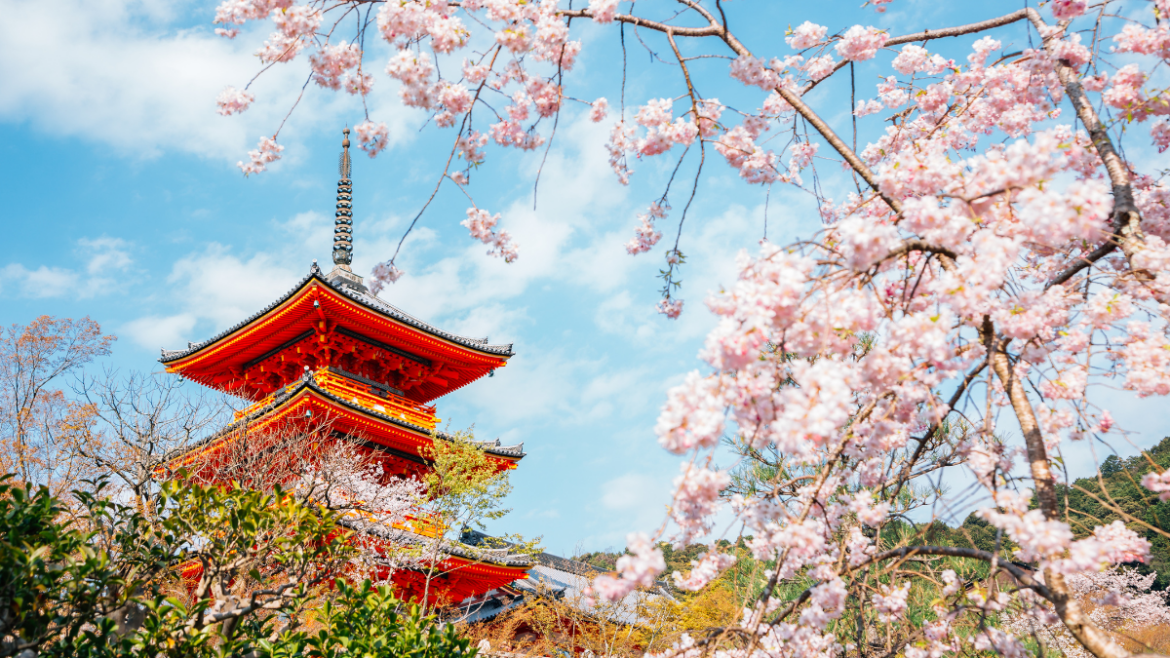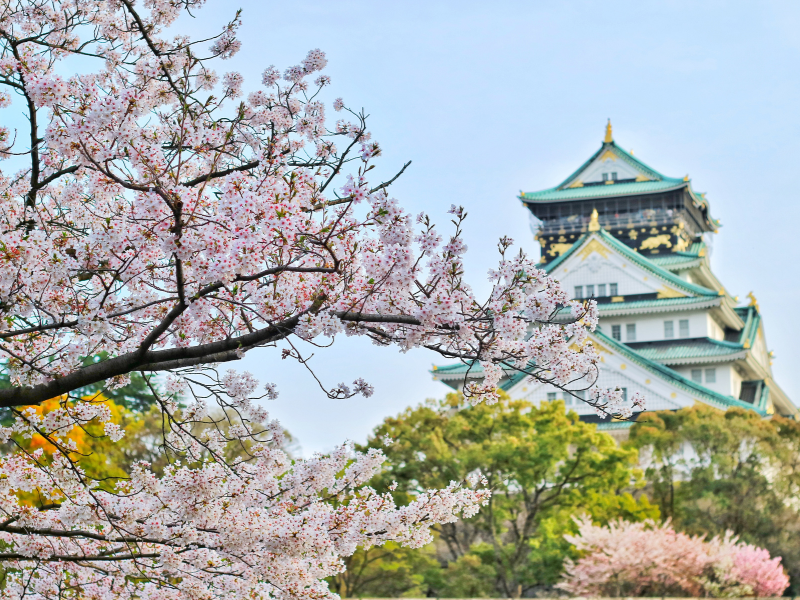Understanding Japanese Culture: Why Japanese People Do This?
When traveling to Japan, you may have numerous questions about Japanese culture and people’s behavior that pique your curiosity. “Why do Japanese people do this?” and, “Do visitors need to follow suit?” It is better to learn the basic cultural differences and it helps you get ready for your trip and allows you to enjoy your stay more! This article is the key to those major questions you will likely encounter during your visit to Japan.
Japan has a fascinating and multifaceted culture.
Why is it so quiet on the train?
In Japan, talking loudly on trains is considered bad-mannered and ranks highly amongst the most annoying behaviors. People keep quiet and be mindful of others so that everyone can enjoy a comfortable ride.
Japanese consider discussing private matters in public to be unseemly and rude.
In general, the Japanese tend to avoid disturbing others, and it is a typical example of this unique culture. It is one of the most important manners that you should know, especially when you use public transportation not only trains but also buses where you need to share the same space with others. You should avoid calling on the phone and set it to silent mode when you use public transportation. Be sure to adhere to these rules for a peaceful journey.
What is the difference between shrines and temples?
Shrines and temples are one of the most popular tourist attractions in Japan. They might look similar, but the origins and meaning are different. Shrines belong to Shintoism, which is the indigenous religious belief of Japan. It is said to be as old as the country itself and worships the spirits living in nature. Shrines consist of iconic structures and can be easily recognized by the Torii Gates which are generally painted in red and stand at the entrance.
Torii, symbolic gateway marking the entrance to the sacred precincts of a Shintō shrine in Japan.
Temples belong to Buddhism, and they typically place Buddha statues which serve as a visual imagery of Buddha. It is not indigenous to Japan but originated in China and India. Some monks practice hard asceticism and perform religious training. Most Japanese funerals are held in the Buddhist style as well.
Explore the vibrant Senso-ji Temple, a Buddhist sanctuary renowned as one of Tokyo’s most colorful and popular temples. Check it out in our 12 Day Wonderful Japan.
Why do you have to take your shoes off at home/restaurants?
In short, it is simply for the reasons of hygiene. People in Japan hold cleanliness in high regard, taking great care in keeping an immaculate home. This means that their home should not be soiled by the dirt on your shoes. So it is customary to take off your shoes and usually wear the provided slippers.
People in Japan hold cleanliness in high regard, taking great care in keeping an immaculate home.
In more informal situations, you may just walk around in socks, like in a Japanese home. In places of business, it’s more than likely to have slippers provided to you to feel comfortable and provide more of a formal atmosphere.
Why are there only a few trash cans in Japan?
Japan is known as one of the safest and cleanest countries in the world. Did you know that it is partly because of the limited number of trash cans that can be found in cities? Some tourists said that they could hardly find public trash cans while walking around the country. The rules and manners revolving around waste disposal here are quite strict. So most Japanese people usually will just keep their garbage with them until they find a place to throw it away.
Japanese people do care about keeping public spaces clean and not trashing the environment.
It is for security reasons which prevent terrorists from hiding explosive items in trash cans. It also encourages people to take their trash back home and dispose of it by themselves. Littering is strictly prohibited, and most people are aware of the importance of being responsible for their trash.
What is the difference between hot and cold sake?
In Japan, people enjoy Japanese Sake at different temperatures. The flavor depends on the temperature, which offers a variety of experiences! In the old days before the refrigerator was invented, people typically indulged in hot or room-temperature sake. In warmer conditions, ranging from 30 to 55 degrees, the sake develops a robust flavor with richness. On the other hand, cold sake is suitable for those seeking a smooth and refreshing taste. There is no particular rule to enjoy sake, so find your favorite way to try sake at different temperatures!
What is Kanji?
Kanji (漢字), one of the three scripts used in the Japanese language, are Chinese characters. There are three types of characters in Japan: Hiragana, Katakana, and Kanji.
In Japan, people learn all the regular Kanji for 9 years from elementary school to junior high school.
Kanji generally consists of several strokes. You need to follow the stroke orders to write them correctly. Each Kanji has several pronunciations which consist of “On-yomi” and “Kun-yomi”. On-Yomi comes from China, and Kun-yomi originates in Japan. Sometimes people ask if Kanji in Japanese and Chinese are the same, but even though Kanji originally comes from China, how to read and how to write Kanji is different between Japanese and Chinese. So Japanese people can guess the meaning but can’t completely understand or pronounce Kanji in Chinese.
Why do Japanese people often bow?
Bowing is a universal gesture. It exists in many parts of the world and has different functions in each culture. In Japan, bowing holds various meanings. It can be used for greeting, apologizing, thanking, requesting, and congratulating but mainly to show respect.
Bowing is a fundamental part of social etiquette which is both derivative and representative of Japanese culture.
Bowing is a vital part of Japanese business ethics. Even workers in some companies are obliged to learn through formal training. It is deeply ingrained in Japanese workers’ manners that you may see people bowing while talking on the phone out of habit, even though their interlocutor cannot see them do that.
Other than that, Japanese people often bow when they need to be humble or greet someone in daily life. In most cases, they do this without thinking as it is quite natural for them to bow even when it seems too much for international travelers!
Why Japanese people are so kind?
In general, Japanese people are taught to be thoughtful and respectful to others. They are naturally kind to everyone, regardless of nationality. This kindness is particularly evident in the realm of customer service, to the extent that there is a saying, “The customer is God.” This mindset reflects the belief that valuing and prioritizing the customer is crucial for business success. In addition, there is a famous Japanese word “Giri and Ninjo ” which refers to sympathy and compassion for others. It is widely considered one of the most valued concepts that is essential for better human relationships.
They are proud of this national character and always welcome tourists with heart warming hospitality
Conclusion
What kind of impression did you have toward the customs in Japan? Some of them might sound weird, but knowing about these differences before you visit Japan will be considerably helpful!
If you need some help when traveling to Japan, feel free to contact Asia Vacation Group at 1800 229 339. We’re glad to help you make your trip to Japan a safe, comfortable, and unforgettable memory!
Recommended article: Culinary Odyssey in Japan: Top popular dishes to savor











































 planning
planning